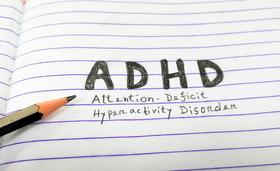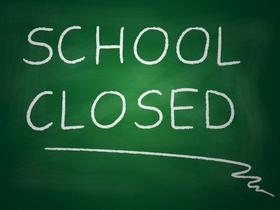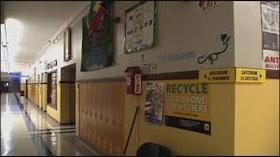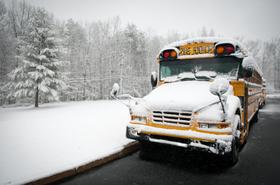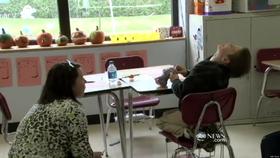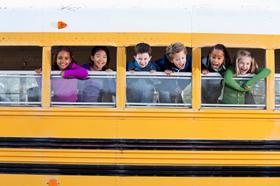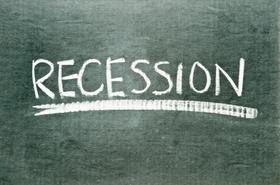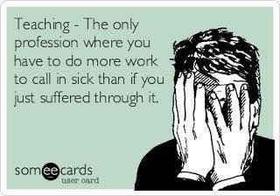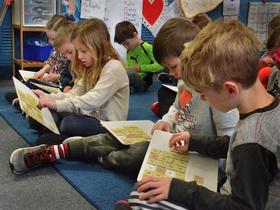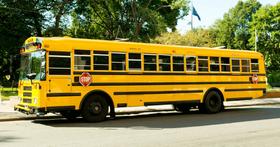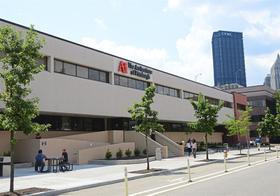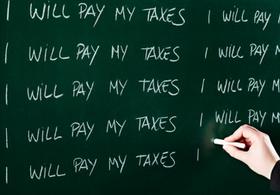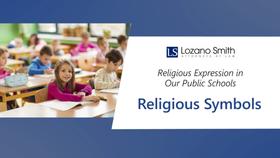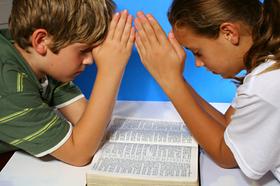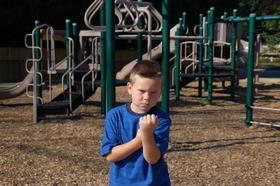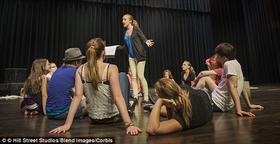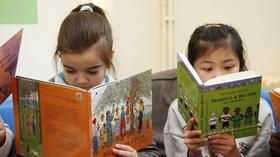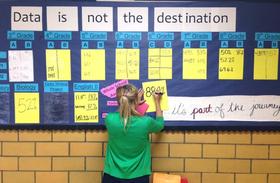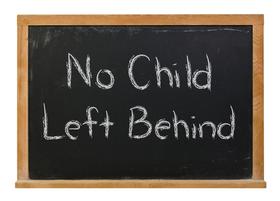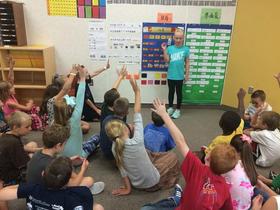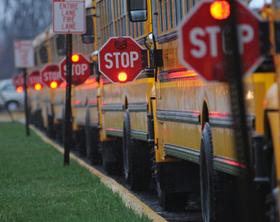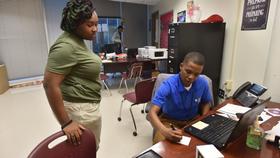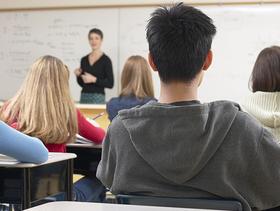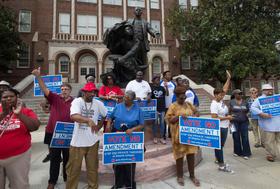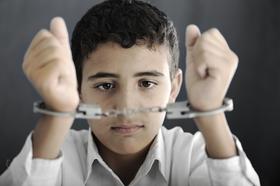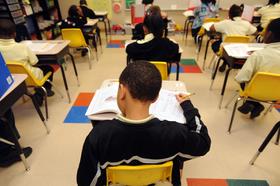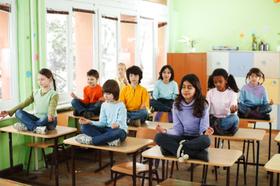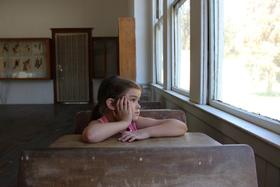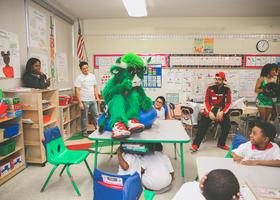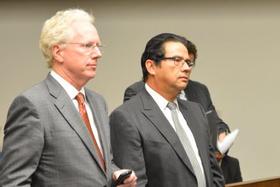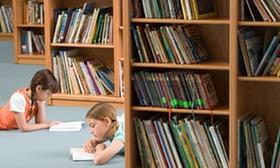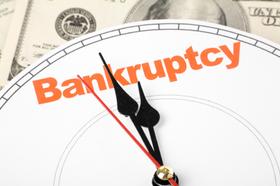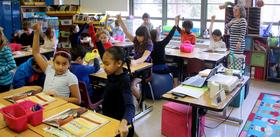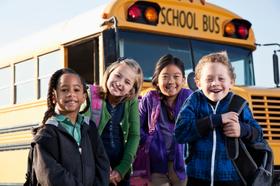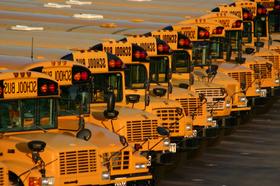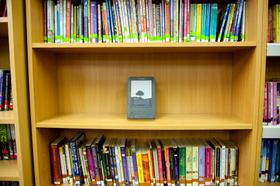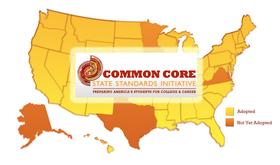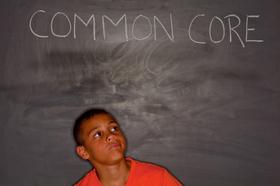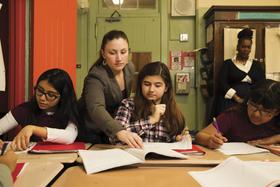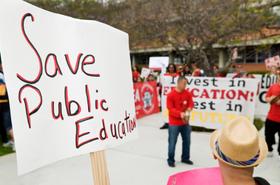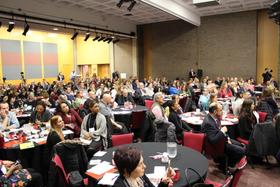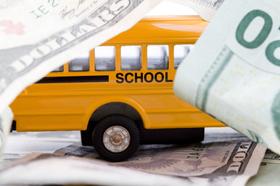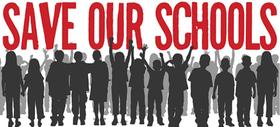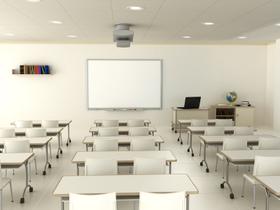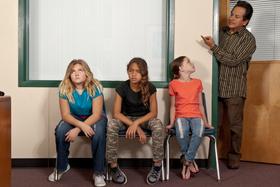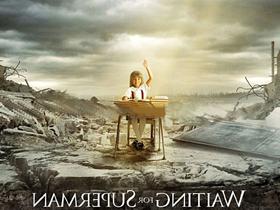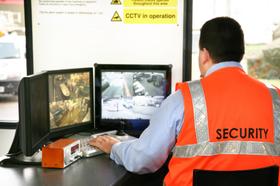Social media, which has become essential for kids and techno-savvy adults, is now entering the realm of public education as well. Schools and districts across the country are leaping aboard the Facebook bandwagon, creating pages that allow students and staff to interact during and after school hours. This online tool provides a whole new dimension to the public school community, but not everyone is thrilled with the idea of posting school business and social interactions on the Internet for the world to see. We'll take a look at both the pros and cons of the use of Facebook in public schools, as well as some districts that have embraced FB already.
This video looks at the pros and cons of using social media.
Positive Ways Schools can Use Facebook
According to an article at Mashable, there are many potentially constructive ways public schools can use Facebook to engage their communities. The author of the article, JG Visual partner David Hartstein, says at the beginning of his report, "By setting up a Facebook page, schools can establish a controlled, professional presence that allows them to capitalize on this social space in many important ways, while still protecting their students."
Hartstein suggests a number of ways to incorporate social media into the public school community, including:
Sharing News
While many schools currently rely on their websites or the old-fashioned "paper home from school" methods of sharing news, Facebook presents a whole new realm of possibility in this area. Because Facebook is updated in real-time, schools can get information to students and parents quickly and effectively. This might include updated facts about upcoming events, current happenings around the school, or recent announcements. In addition to disbursing information, students and parents can comment on what's posted, providing schools with necessary feedback that helps them tweak programs and events as needed.
Using Media
Facebook isn't just about the content; this tool can also be used to distribute a wide range of media to the school audience. For example, photos and videos of recent events can be displayed on the Facebook page to offer parents who could not attend the event the chance to see their students in action. Some of the categories that might be showcased on the Facebook page include field trips, school-wide celebrations, and student achievements. This also provides the opportunity for students and faculty to revisit the event, building a sense of community and camaraderie amongst school members.
Teaching Tools
Facebook and other social media can also be used to enhance the learning experience outside the classroom. Teachers can use these technology tools to post learning videos, assignments or other information from the classroom. Videos of recent meetings and assemblies can also be posted to give parents the necessary information about the latest happenings and decisions within the school.
There are many good options for incorporating social media in the classroom. In fact, some might argue that omitting such widely used technology may serve to actually thwart student learning. Since "everybody is doing it," students need to learn how to effectively use this tool beyond its basic social purposes. Teachers also have multiple teaching options open up to them when they have free reign of the most recent technology available.
This video outlines the benefits and drawbacks of using social media.
Teachers Teaching Technology
In one of the largest school districts in the country, Facebook use is not only discouraged in the schools – it is banned outright. According to a report at Chicago Now, Chicago Public Schools issued an email policy two years ago that requires teachers to use only official CPS email when corresponding with students. This means that teachers are not allowed to communicate with students via cell phone, personal email or social media.
In addition to the email policy, CPS has also banned teachers from using any type of technology in the classroom outside of the CPS Network or Computer Resources. For tech-savvy teachers, this new policy puts a big damper on their ability to teach their students using the latest technology and creativity to reach students on a whole different level.
One teacher wrote to Chicago Now with the following comment about the policy, "The biggest frustration is that on the technology front, the CPS Network is totally inadequate. The message to me is strong and clear – innovative, tech-savvy teachers should look elsewhere for employment." The teacher goes on to say, "With so many tools out there to introduce technology into the curriculum, the CPS system either can't or won't allow it."
Concerns Over Facebook Use
Despite the frustration of this Chicago teacher, there are good reasons for some schools to be wary of incorporating Facebook into their systems. Posting student information online is not only a bad idea in some cases – it could actually be illegal in others. According to a report at Oregon Live, schools that are beginning to use Facebook are already faced with ethical and legal issues. Karen Kleinz, associate director of the National School Public Relations Association told the publication that school districts will need to create clear policies about what is acceptable and what isn't.
Who's on Facebook?
While questions still remain about how Facebook can be used safely and effectively in some schools, districts across the country are already using this social media in their communities. Some of the school districts with Facebook pages currently include Fairfax County Public Schools in Virginia, Boston Public Schools in Massachusetts, and North Branch Area Public Schools in Minnesota. As social media continues to grow in popularity, there is no doubt that other schools in the nation will find a way to incorporate the latest technology into their classroom structures and communities as well.
Questions? Contact us on Facebook @publicschoolreview



